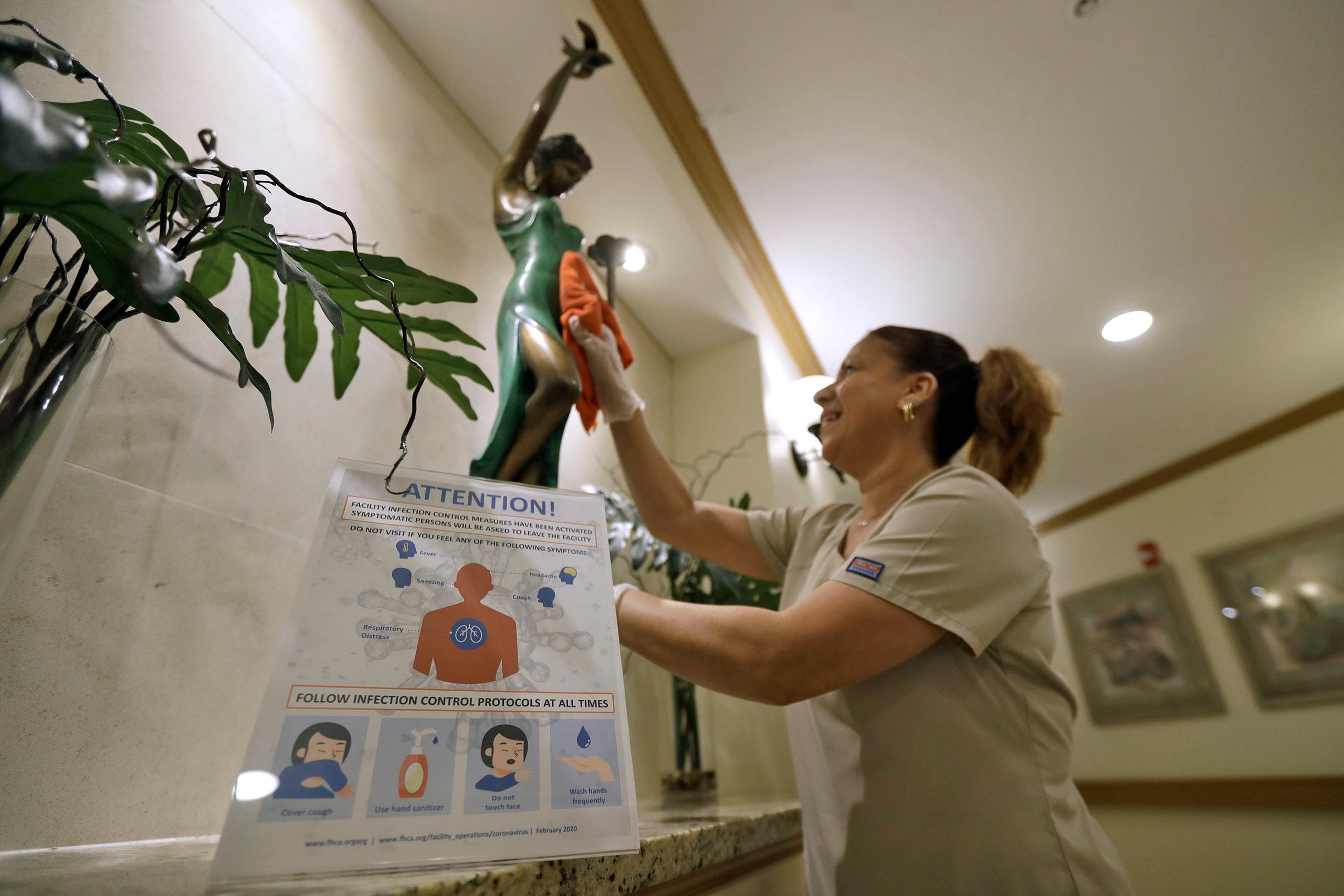
Although the majority of people who contract coronavirus will have mild to no symptoms, older adults have a greater risk of experiencing severe reactions that require medical treatment, including respiratory problems and dehydration.
Colorado has four coronavirus cases as of Friday. The second case is an elderly woman who had traveled on a cruise abroad.
One of the hotbeds for the virus in the United States has been a nursing home facility near Seattle. NPR reports that five people who lived at the Life Care Center facility have died.
Dr. Jean Kutner, a geriatric specialist and chief medical officer at the University of Colorado hospital, gave a few recommendations for older adults to follow to stay healthy.
“The things to do to prevent exposure to coronavirus are the same things that we should be doing all the time to prevent exposure to infections,” Kutner said.
Those include washing hands frequently and avoiding people who are sick. If you are sick, don’t go into public places where you can infect other people. Kutner also said that because it’s also flu season, it makes sense to take extra precautions.
This does not mean isolating yourself indefinitely. Kutner said she still encourages people to go outside and continue to do typical social activities, but to avoid large crowds whenever possible.
Nursing homes should take the same precautions that they should be taking during flu season, Kutner said. That includes making sure all staff have their flu shots and if someone is sick, not coming into work. She also said facilities should consider more screening of people coming in and out.
“Given where we are with the coronavirus is to think about limiting visitors who could potentially spread disease and then for the residents themselves to be very vigilant if patients or residents are demonstrating any sort of symptoms [and] addressing them early on and not just sitting on them,” Kutner said.
CPR News called 41 nursing home facilities in Summit, Douglas, Arapahoe, Mesa and El Paso counties. CPR left most facilities a voicemail. Three facilities provided statements, and one provided specific information about its COVID-19 preparedness plans.
“Our goal is ‘not one patient affected,’” said Jennifer Brown, director of nursing at The Center at Foresight in Grand Junction. “Every day we meet to revise and add things that come up because infection control isn't just wearing protective equipment or hand washing.”
Brown said the facility has trained all of its departments on infection prevention and control. The facility is screening guests who visit that facility.
As far as how deadly the virus is, Kutner said it’s difficult to say at this time.
“You have to know if there’s deaths and what was actually the denominator of who were infected,” she said. “The issue that we have with this is we don’t actually have the great denominator data because many people who get infected may not even have symptoms.”
Even though the positive cases are increasing over time across the country, the numbers are still lower than the amount of people who have influenza. The likelihood of getting influenza or the common cold is still much higher than contracting coronavirus.
“I think people need to be vigilant and taking these measures, but I also think there is not the need for panic,” she said.
CPR's Claire Cleveland contributed to this report.








